Collard Greens
Share
Collards are kind of the quintessential southern dish an early spring or even better, a late fall crop. I fiddled with this recipe for several years. I tried this or that... Then I had collards at Buxton Hall, which was Elliott Moss' restaurant in Asheville, NC. Our Duroc boar is actually named after @elliottmoss. Those greens were a spiritual experience. So I came home and stole most of it, with a few changes.
Ingredients
- ½ cup Olive oil
- 1 lb Bacon
- 1-1/2 to 2 lb Smoked hock
- 1 Onion diced
- 10 cloves garlic
- 1 tsp ground black pepper
- 1 tsp crushed red pepper
- 1 large bunch collards
- 3 cups stock from hock
- 1 cup raw ACV
- 1 cup dark brown sugar tightly packed
- ½ cup Texas Pete
- salt to taste
Directions
- Preparation: Place hock in a large saucepot, cover with water. Bring to a boil, then reduce to a simmer.
- Let simmer for 4-5 hrs. Remove hock from broth, set on a plate to cool, reserve stock.
- Cook the bacon, dice small, set aside. Put bacon grease in a jar in the fridge.
- Vee out the stems from your collards, slice leaves into ribbons and set in a pile. Take stems and chop small. If the stems are thick, split longways before chopping. Dice onion, and chop garlic small or press.
- In a large stockpot heat the oil (not too hot), add the stems, onion, bacon and cook for several minutes until the onions start to brown.
- Then add the garlic and cook another minute or so. Add the black and red pepper, and stir til incorporated.
- Add the stock (if you need a bit more use some), cider vinegar, Texas Pete, and brown sugar. Stir, then add collards.
- Bring to a boil, then reduce heat.
- While waiting for collards to boil, pick your hock and shred the meat. Give the skin to the dog, add the meat to your collards and stir in. Taste and salt as needed.
- Simmer for an hour. Older collards may require a longer simmer to get tender.
-
Serve with Vinegar and Texas Pete on the table
- You can also save the excess stock from your hock by freezing in a widemouth pint Mason jar.
